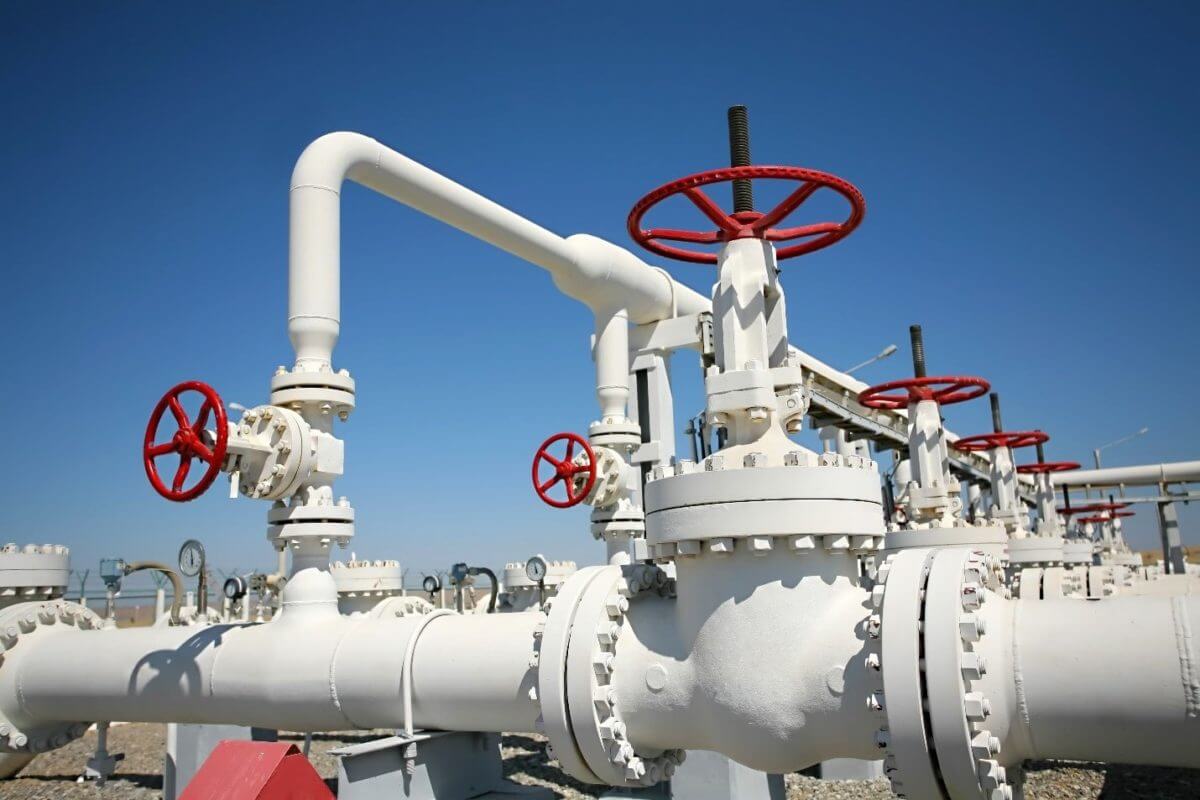
Natural gas prices have already doubled this year
Natural gas prices in the United States have more than doubled since the beginning of the year, and this summer’s air-conditioning season could send them up by another 25%.
Gas prices increased 4.4 percent in the futures market on Tuesday, as hot spring weather in the Southern United States put additional pressure on a market concerned about restricted supply. For June, natural gas futures settled at $8.30 per million British thermal units (MMBtu), representing a 123 percent year-on-year increase. The South is experiencing a heatwave, with temperatures reaching 100 degrees in some regions.
Higher natural gas prices are affecting US businesses and consumers when gasoline and diesel fuel are at all-time highs. Palmer claims that when natural gas prices rise, utilities that traditionally move to coal for power find coal much more expensive – the equivalent of gas at $9 to $10 MMBtu. LNG costs in Europe are around four times higher.
Production in the United States plummeted drastically during the pandemic, and while it has resumed, it has grown slowly.
Analysts say the gas market is generally quiet at this time of year, but Kilduff believes this week’s price activity is a preview of the summer if the warmer-than-normal weather continues. They added that the natural gas price was further boosted by events when the Electric Reliability Council of Texas encouraged consumers to conserve electricity after six power facilities suddenly shut down. Production in the United States is increasing, and pipeline companies such as Kinder Morgan are adding capacity from the Permian basin in Texas.
To compensate for the shortage of Russian gas, the United States aims to supply additional natural gas to Europe.
Southeast Europe’s search for natural gas supplies
Late last month, Moscow halted gas deliveries to two “hostile countries” that refused to pay in rubles: Bulgaria and Poland.
The Balkans are now on the lookout for new suppliers. Azerbaijan is near the top of the list. But when will the Caucasus nation deliver?
Bulgaria claims there will be no shortages. Also, Serbia expects Azerbaijani gas to supplement Russian imports, but it will have to wait. Those cargoes will pass through Bulgaria via an EU-funded link agreed upon in 2018. Construction began earlier this year and expect to be completed by October 2023. Gas demand in both nations is relatively low: between 3-3.5 billion cubic meters per year in Bulgaria and roughly 2.7 billion cubic meters per year in Serbia. However, Azerbaijan can now only provide a maximum of 10 billion cubic meters per year to the Balkans via the SGC, which is already at capacity.
Another solution under consideration by industry analysts does not necessitate the construction of new infrastructure.
Azerbaijan and Turkmenistan signed a gas swap agreement in December. Under this strategy, Central Asia has begun supplying up to 2 billion cubic meters of gas per year to northeast Iran. Iran sends a comparable amount to Azerbaijan from its northwest, allowing Baku to meet its own expanding domestic need.
That swap agreement might expand 6 billion cubic meters per year, with the extra gas transiting turkey and then
Turkey’s existing gas transit network has around 4-5 billion cubic meters of excess capacity that might be utilized to transport extra gas to Europe.
While not a large quantity, it may be enough to meet demand in some Balkan countries. Most importantly, it is technically straightforward and potentially fast.
In addition to extra capacity, Turkey’s gas system has two independent export pipelines, one to Bulgaria and the other to Greece. In contrast to the Southern Gas Corridor lines, which are at capacity and would need to expand, these two have room to spare.



